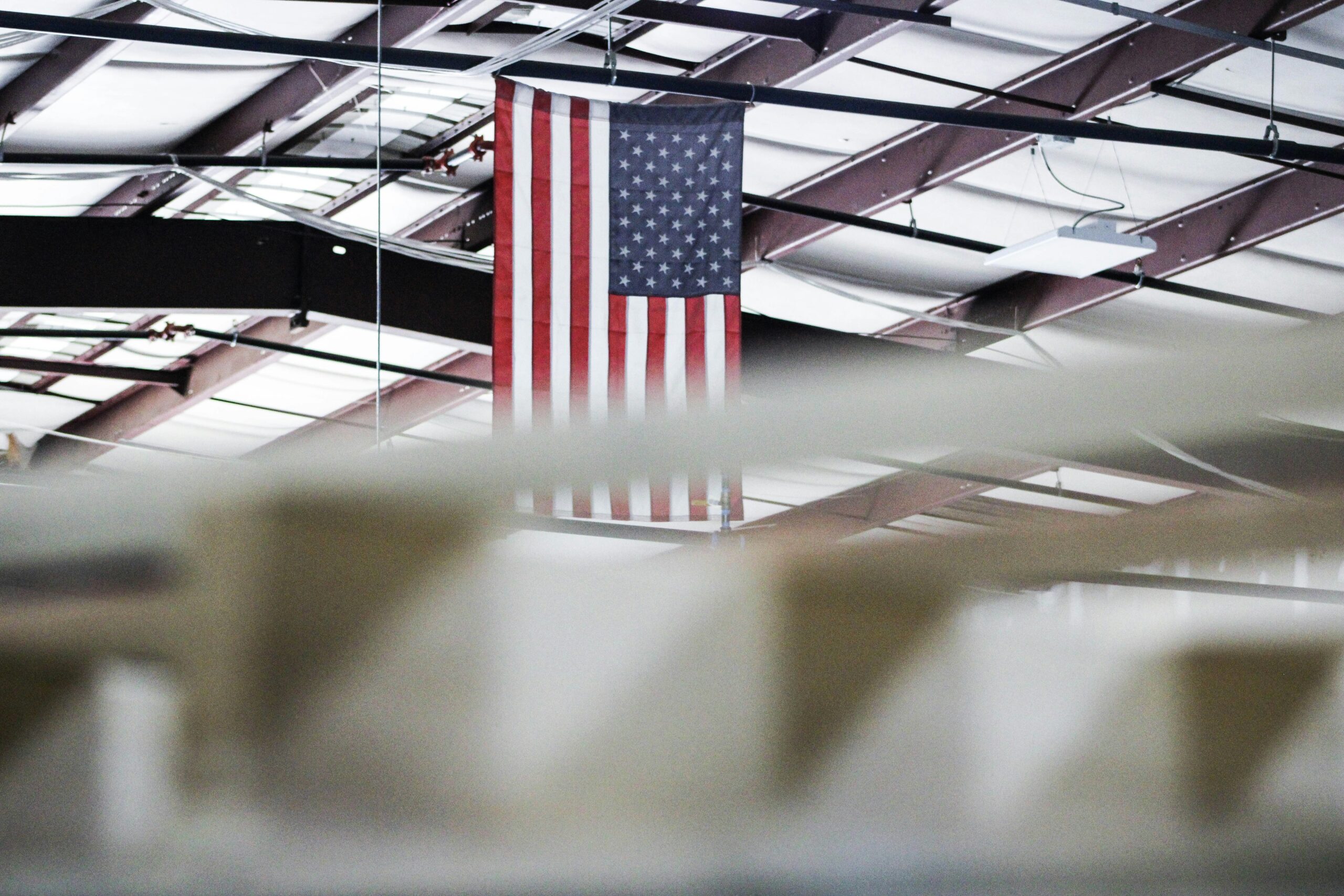A Legal Coup from Within
In March 2025, Israel’s Knesset passed sweeping legislation granting the ruling coalition unprecedented power over judicial appointments. Led by Prime Minister Benjamin Netanyahu and Justice Minister Yariv Levin, the law rewrites how the Judicial Selection Committee operates. The government now holds a built-in majority, enabling it to appoint judges—including to the Supreme Court—without needing consensus or opposition approval.
This isn’t a mere rebalancing between branches. It’s a capture of the judiciary by a political bloc under multiple corruption investigations. In a country where courts have been a final check against executive power, that firewall may have just collapsed.
What Really Changed
Previously, judicial appointments required compromise—politicians, judges, and legal professionals all had a seat at the table. That’s over. Now, the ruling party can effectively install ideologically aligned judges at every level of the judiciary.
This change doesn’t just affect future rulings—it reshapes the legal climate in real time. Cases challenging controversial policies, like West Bank annexations or police overreach, may soon be heard by judges handpicked to protect government priorities.
Critics see the reform as a blueprint borrowed from illiberal democracies. Similar tactics were used in Hungary and Belarus to muzzle independent courts. The warning signs are familiar.
The Stakes: Power Without Oversight
The reform comes as Netanyahu continues to face criminal trials for bribery and breach of trust. With control over judicial appointments, the fear isn’t just institutional—it’s personal. Many believe this move is engineered to influence the outcomes of his legal battles.
Worse still, legal scholars argue that this sets a precedent: any government facing scrutiny can now rewrite the rules to shield itself.
Resistance in the Streets, and in the Courts
Protests erupted almost immediately. Hundreds of thousands filled city squares waving Israeli flags and chanting “Democracy!” In Tel Aviv, demonstrators blocked highways. In Jerusalem, they stood outside the Supreme Court demanding judicial independence.
Civil society groups and opposition parties have filed emergency petitions. Ironically, they are asking for relief from the very courts that this law threatens to neutralize. Whether those courts still have the authority—or courage—to act is unclear.
International response has been cautious but firm. Several European legal observers warned that Israel’s democracy is “on the edge.” U.S. officials offered tepid concern, careful not to alienate a key ally amid the Gaza war.
Beyond the Letter of the Law
The judiciary may still exist on paper. Judges will still wear robes. Courts will still hear cases. But if the rulings begin to align suspiciously with political power, public trust will erode quickly.
The law may survive constitutional challenges. But the legitimacy of Israel’s legal system may not. And without judicial independence, democracy becomes something closer to majority rule—unchecked and potentially permanent.
Netanyahu has secured short-term control. Whether Israel can reclaim the long-term rule of law is a question now hanging over its future like a shadow.
Author
Discover more from The Crustian Daily
Subscribe to get the latest posts sent to your email.













